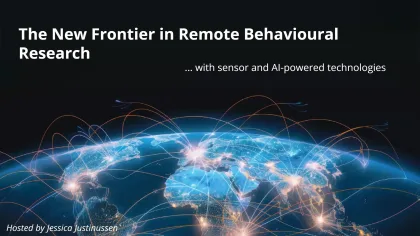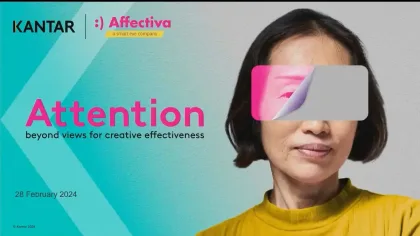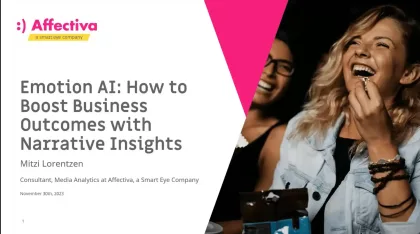About the webinar
Mental health research takes many forms, but what unites it can be the application of biosensors and psychophysiological methodologies to better understand and ameliorate patient experiences and outcomes.
In this webinar, Dr. Pernille Bülow and iMotions client Dr. Ryan Jacoby will talk about their expertise with mental health research and discuss how researchers can correlate, detect, diagnose & intervene using biosensors.
From investigations into clinical mental illness regarding bipolar disorder, depression and PTSD, to general health monitoring, education, and performance, multimodal biosensor studies have seen blossoming interest. Hear from these experts about how combining facial expression analysis, heart rate, eye tracking, skin conductance or other multi-sensor behavioral research techniques can have immediate implications on the clinical, diagnostic or intervention aspects of mental health research.







